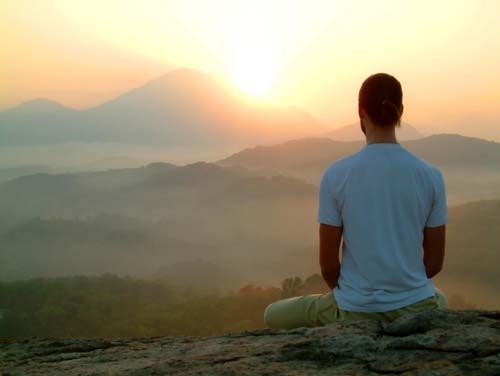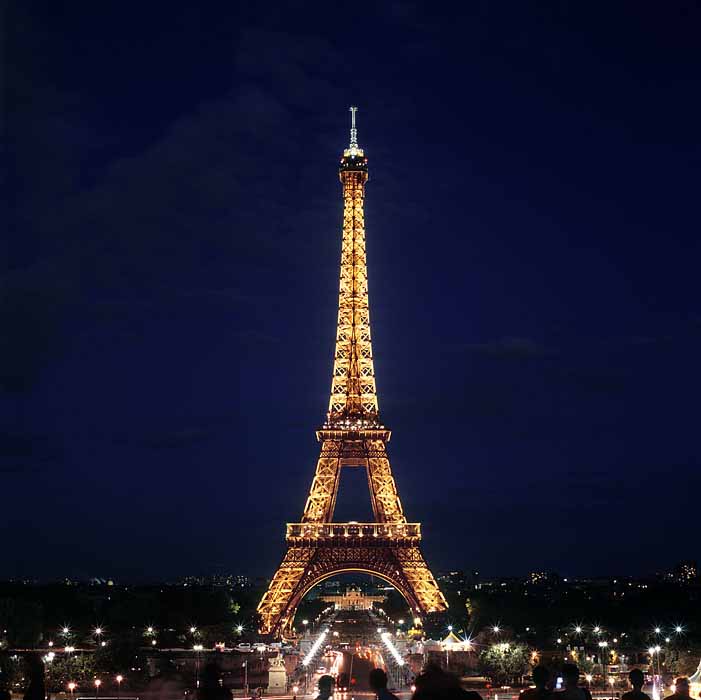 Yesterday’s blog post about John Mayer’s hit song “Waiting for the World to Change” inspired a great conversation on how it currently feels to be stuck with the world as it is (most obviously stuck with the Iraq War). Reader Kannbrown65 wrote:
Yesterday’s blog post about John Mayer’s hit song “Waiting for the World to Change” inspired a great conversation on how it currently feels to be stuck with the world as it is (most obviously stuck with the Iraq War). Reader Kannbrown65 wrote:
“Well, to be fair, the song is specifically about the ‘Iraq War.’ And, if you’re one of the people who never supported it, who voted against those who did support it, and watched two election cycles of being, literally, ignored… that is the sort of thing that is fueling the song. It is hard to ‘be the change,’ when the change is more than a mindset, but an actual, physical action that is taking place now… And it’s partly mirrored by the recent poll, where a majority of Americans were noted as just ‘waiting for the Bush presidency to be over.'”
Then this came in from reader Khoffmaster:
“YES, WE SHOULD BE ACTIVE TO TRY AND CHANGE THE WORLD, BUT…YOU TRY AND TRY AND IT JUST DOESN’T SEEM TO CHANGE. SO ESSENTIALLY YOU ARE WAITING FOR THE WORLD TO CHANGE EVEN IF YOU ARE ACTIVELY TRYING TO CHANGE IT. PLUS, HE IS RIGHT, MY GENERATION IS GOING TO SOMEDAY INHERIT THIS WORLD AND IT SEEMS AS IF IT WILL BE A FRUITLESS ATTEMPT TO CHANGE IT IF IT CAN’T EVEN CHANGE A LITTLE NOW. IT WILL BE A HARD REALITY TO DEAL WITH WHEN WE HAVE TO MAKE THE DECISIONS.”
I understand the feelings completely. I often feel helpless myself, and I daily witness the anger rising in my twelve-year-old who keeps lamenting in the car coming home from school that my generation has so screwed up the world that it will take his whole lifetime to rearrange its priorities. If we all get to live. ( I do seem to recall saying the same thing to my parents, though the situation today, I agree, seems worse.)
So how can one change the world with a landscape of profound helplessness and anger as a backdrop? Spiritual teachers don’t always seem reliable since they banter on and on about finding bliss in the “now” moment. Well, what if this “now” sucks?
Meditation teacher Jon Kabat-Zinn says–true to form–that we’ve got to be at one with the despair, at one with the horror when it’s there. This is different from being disengaged, and waiting for the world to change. This is more active. This is useful, passionate anger. He writes:
“Meditation is… about allowing yourself to be exactly where you are and as you are, and for the world to be exactly as it is in this moment as well. This is not so easy, since there is always something that we can rightly find fault with if we stay inside our thinking. And so there tends to be great resistance on the part of the mind and body to settle into things just as they are, even for a moment. That resistance to what is may be even more compounded if we are meditating because we hope that by doing so, we can effect change, make things different, improve our own lives, and contribute to improving the lot of the world.”
“That doesn’t mean that your aspirations to effect positive change, make things different and improve your life and the lot of the world are inappropriate. Those are all very real possibilities. Just by meditating, by sitting down and being still, you can change yourself and the world. In fact, just by sitting down and being still, in a small but not insignificant way, you already have.
“But the paradox is that you can only change yourself or the world if you get out of your own way for a moment, and give yourself over and trust in allowing things to be as they already are, without pursuing anything, especially goals that are products of your thinking. Einstein put it quite cogently: “The problems that exist in the world today cannot be solved by the level of thinking that created them.” Implication: We need to develop and refine our mind and its capacities for seeing and knowing, for recognizing and transcending whatever motives and concepts and habits of unawareness may have generated or compounded the difficulties we find ourselves embroiled within, a mind that knows and sees in new ways, that is motivated differently. This is the same as saying we need to return to our original, untouched, unconditioned mind.
“How can we do this? Precisely by taking a moment to get out of our own way, to get outside of the stream of thought and sit by the bank and rest for a while in things as they are underneath our thinking, or as Soen Sa Nim liked to say, “before thinking.” That means being with what is for a moment, and trusting what is deepest and best in yourself, even if it doesn’t make any sense to the thinking mind. Since you are far more than the sum of your thoughts and ideas and opinions, including your thoughts of who you are and of the world and the stories and explanations you tell yourself about all that, dropping in on the bare experience of the present moment is actually dropping in on just the qualities you may be hoping to cultivate — because they all come out of awareness, and it is awareness that we fall into when we stop trying to get somewhere or to have a special feeling and allow ourselves to be where we are and with whatever we are feeling right now. Awareness itself is the teacher, the student, and the lesson…”
This passage comes from the wonderful book “Coming to Our Senses: Healing Ourselves and the World Through Mindfulness.”

